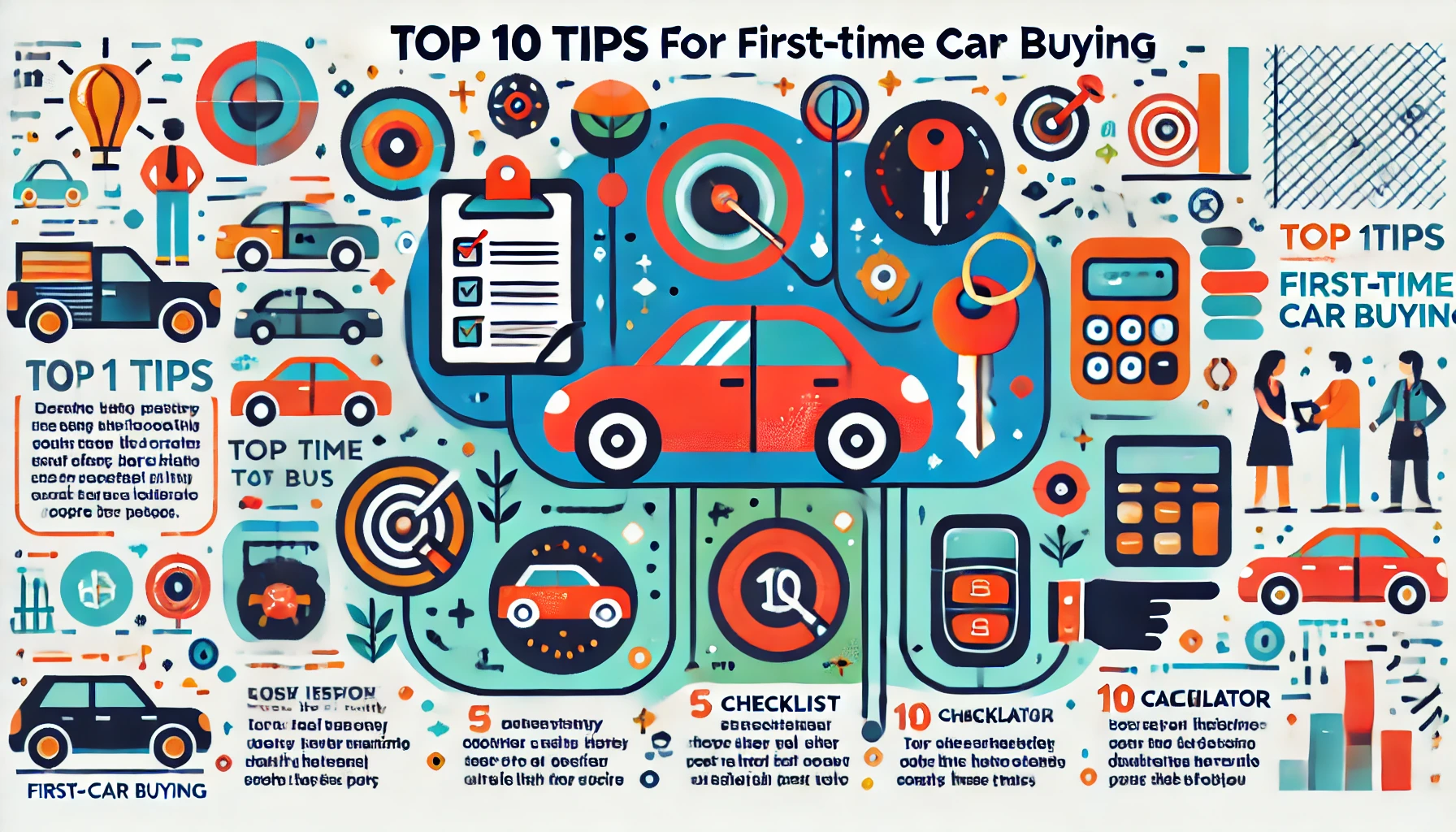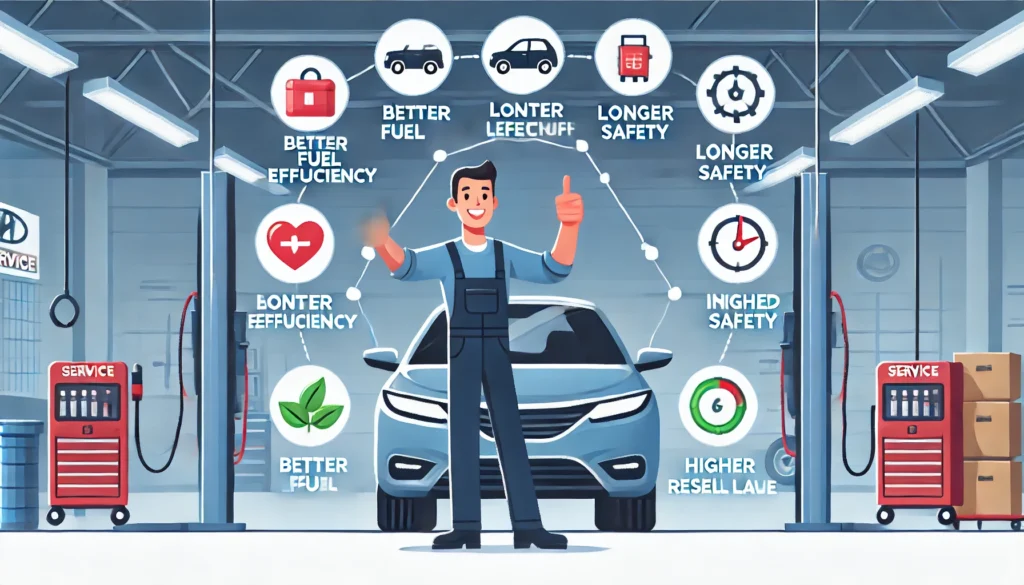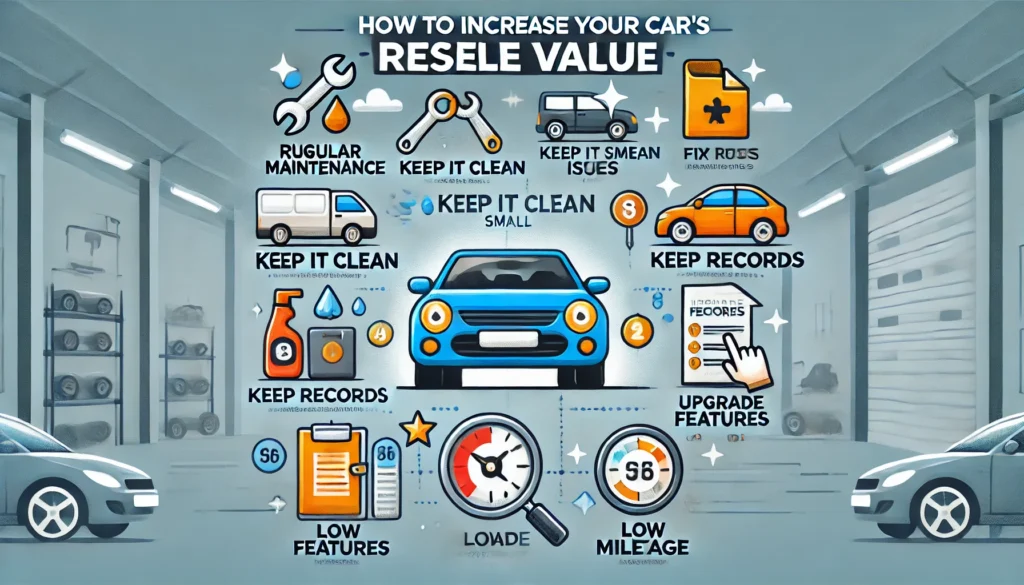Introduction
Buying a used autocar can be a daunting process, especially if you’re not sure where to start. With the right approach, however, you can secure a reliable vehicle at a reasonable price. This guide will walk you through the essential steps to getting the best deal on a used car, from researching your options to finalizing the purchase. By following these tips, you’ll be equipped to make an informed decision and drive away in a car that suits your needs and budget.
Understanding the Used Car Market
The used car market is vast and varied, offering many opportunities and potential pitfalls. Knowing the landscape will help you navigate it effectively.
Market Trends
Keep an eye on market trends to understand the best times to buy. Prices can fluctuate based on seasons, economic conditions, and industry changes. Typically, used car prices are lower during the end of the year or during tax season when people are more likely to make big purchases. Additionally, being aware of economic factors, such as changes in interest rates or gas prices, can also impact the cost of used cars.
Popular Models and Brands
Some car models and brands retain their value better than others. Research which ones are known for their reliability and longevity. Brands like Toyota, Honda, and Subaru are often praised for their durability and high resale value. Models with a reputation for low maintenance costs and high reliability are more likely to be a smart investment.
Depreciation Rates
Understanding how different cars depreciate over time can help you choose a model that will hold its value better. For instance, luxury cars tend to depreciate faster than economy cars. Vehicles that are in high demand often depreciate more slowly. Knowing these trends can help you make a more informed decision and potentially save money in the long run.
Setting Your Budget
Before you start shopping, it’s crucial to determine how much you can afford to spend.
Calculating Total Costs
Consider all costs involved, including insurance, taxes, registration, and maintenance. Don’t just focus on the purchase price. Maintenance costs can vary significantly between different makes and models, so be sure to factor in the cost of routine service and repairs. Additionally, consider the cost of insurance, which can vary based on the car’s age, make, model, and your personal driving record.
Financing Options
Explore different financing options like bank loans, dealer financing, or paying cash to determine what works best for you. Bank loans often offer lower interest rates compared to dealer financing, but dealer financing can be more convenient. If you’re paying cash, make sure to keep some funds aside for unexpected expenses.
Trade-In Value
If you have a current vehicle, research its trade-in value to see how it can offset the cost of your new purchase. Websites like Kelley Blue Book can give you a good estimate of your car’s trade-in value. Knowing this information can help you negotiate a better deal with the dealer or private seller.
Researching Used Cars
Thorough research is the foundation of a good purchase.
Online Resources
Use websites like Kelley Blue Book, Edmunds, and Consumer Reports to find information on car values, reviews, and reliability. These sites provide detailed information about different models, including their pros and cons, common issues, and owner reviews. Additionally, forums and online communities can be a valuable resource for real-world experiences from other car owners.
Vehicle History Reports
Always check the vehicle history report for any used car you are considering. Services like Carfax and AutoCheck provide detailed histories, including information about previous owners, accident history, service records, and whether the car has a clean title. This information can help you avoid cars that have been in serious accidents or have other hidden issues.
Dealer vs. Private Seller
Weigh the pros and cons of buying from a dealer versus a private seller. Dealers often offer more security, such as warranties and return policies, but private sellers may have lower prices. Dealers may also offer certified pre-owned cars, which have been inspected and come with extended warranties. However, private sellers might be more willing to negotiate on price.
Inspecting the Car
A thorough inspection is essential to avoid costly mistakes.
Exterior and Interior Check
Inspect the car’s body for rust, dents, and paint issues. Inside, look for wear and tear, stains, and any non-functioning components. Pay close attention to the condition of the tires, as worn-out tires can be a sign of poor maintenance. Check the condition of the seats, carpets, and dashboard for any signs of damage or excessive wear.
Under the Hood
Check the engine, transmission, and other critical components. Look for leaks, corrosion, and signs of poor maintenance. Examine the belts and hoses for any signs of wear or damage. Check the fluid levels, including oil, transmission fluid, brake fluid, and coolant. Dirty or low fluids can be a sign of neglect.
Test Drive
Never buy a car without taking it for a test drive. Pay attention to how it handles, any unusual noises, and overall comfort. Test the brakes, acceleration, and steering to ensure everything is functioning properly. Try to drive on different types of roads to get a feel for how the car performs in various conditions.
Professional Inspection
Consider hiring a professional mechanic to inspect the car before you buy it. They can identify potential issues that you might miss during your own inspection. This can provide you with peace of mind and potentially save you from costly repairs down the road.
Evaluating the Car’s Value
Once you have a specific car in mind, evaluate its value to ensure you’re getting a fair deal.
Comparing Prices
Use online tools to compare prices of similar vehicles in your area. Look at listings on websites like Autotrader, Cars.com, and Craigslist to see what similar cars are selling for. This will give you a good idea of what a fair price is for the car you’re interested in.
Negotiation Tactics
Be prepared to negotiate. Use your research to justify your offer and be willing to walk away if the deal isn’t right. Start with a lower offer than you’re willing to pay and negotiate up if necessary. Be polite but firm, and don’t be afraid to point out any flaws or issues that could justify a lower price.
Additional Costs
Factor in additional costs like taxes, registration, and potential repairs when evaluating the total price. These costs can add up quickly, so it’s important to budget for them in advance. Also, consider the cost of any upgrades or modifications you might want to make to the car.
Negotiating the Deal
Negotiation is a crucial step in getting the best deal on a used car.
Preparing for Negotiation
Come prepared with your research and be confident in your knowledge. Know the fair market value of the car and be ready to back up your offer with data. Be respectful and courteous, but also firm in your stance.
Making an Offer
Start with a lower offer than you’re willing to pay and negotiate up if necessary. This gives you some room to maneuver and shows the seller that you’re serious about getting a good deal. Be prepared for counteroffers and know your maximum price limit.
Handling Counteroffers
Be prepared for counteroffers and know your maximum price limit. If the seller comes back with a higher price, don’t be afraid to negotiate further. You can also offer to split the difference or find other ways to sweeten the deal, such as asking for additional features or services to be included.
Closing the Deal
Once you’ve agreed on a price, confirm all the details in writing. Make sure all terms and conditions are clearly stated and that you understand everything before signing. If you’re buying from a dealer, review the contract carefully to ensure there are no hidden fees or charges.
Finalizing the Purchase
Once you’ve agreed on a price, there are a few more steps to complete.
Completing Paperwork
Ensure all paperwork is properly completed and signed. This includes the bill of sale, title transfer, and any financing documents. Make sure the seller provides you with all necessary documents, such as the owner’s manual, warranty information, and service records.
Paying for the Car
Decide on the payment method that works best for you and ensure it’s secure. If you’re paying cash, consider using a cashier’s check or bank transfer for added security. If you’re financing, make sure you understand the terms of your loan and that all necessary paperwork is completed.
Getting Insurance
Before driving away, make sure you have adequate insurance coverage for your new vehicle. Contact your insurance company to add the new car to your policy and make sure you have proof of insurance before leaving the dealership or seller’s location.
Registering the Car
After purchasing the car, you’ll need to register it in your name. Visit your local Department of Motor Vehicles (DMV) to complete the registration process. You’ll need to provide proof of ownership, proof of insurance, and pay any applicable registration fees.
Post-Purchase Tips
After buying the car, there are still a few things to keep in mind.
Scheduling Maintenance
Set up a maintenance schedule to keep your car running smoothly. Follow the manufacturer’s recommended maintenance schedule and keep records of all service and repairs. Regular maintenance can help prevent major issues and keep your car in good condition.
Enjoying Your New Ride
Now that you’ve done the hard work, enjoy your new car knowing you’ve made a smart purchase. Take some time to familiarize yourself with all the features and functions of your new vehicle. Go for a drive and enjoy the peace of mind that comes with knowing you got a good deal.
FAQs
How can I check the history of a used car?
You can check the history of a used car using services like Carfax and AutoCheck. These services provide detailed vehicle history reports that include information about previous owners, accident history, service records, and whether the car has a clean title. This information can help you avoid cars with hidden issues.
What should I look for during a test drive?
During a test drive, pay attention to how the car handles, any unusual noises, and overall comfort. Test the brakes, acceleration, and steering to ensure everything is functioning properly. Try to drive on different types of roads to get a feel for how the car performs in various conditions.
Is it better to buy from a dealer or a private seller?
Both options have their pros and cons. Dealers often offer more security, such as warranties and return policies, but private sellers may have lower prices. Dealers may also offer certified pre-owned cars, which have been inspected and come with extended warranties. However, private sellers might be more willing to negotiate on price.
How can I negotiate the best price on a used car?
Be prepared to negotiate by doing your research and knowing the fair market value of the car. Start with a lower offer than you’re willing to pay and negotiate up if necessary. Be polite but firm, and don’t be afraid to point out any flaws or issues that could justify a lower price.
What documents do I need to complete the purchase of a used car?
You’ll need the bill of sale, title transfer, and any financing documents. Make sure the seller provides you with all necessary documents, such as the owner’s manual, warranty information, and service records. Ensure all paperwork is properly completed and signed before finalizing the purchase.
How can I ensure I’m getting a good deal on a used car?
Thorough research is key to getting a good deal on a used car. Use online resources to compare prices, check the vehicle history report, and inspect the car thoroughly. Be prepared to negotiate and consider hiring a professional mechanic to inspect the car before you buy it. By following these steps, you can make an informed decision and get a fair price.
Conclusion
Buying a used car doesn’t have to be stressful if you follow these steps. By doing your research, inspecting the vehicle, negotiating effectively, and completing all necessary paperwork, you can drive away knowing you got the best deal possible. Remember to factor in all costs, including insurance and maintenance, to ensure your new vehicle fits within your budget. With careful planning and due diligence, you can find a reliable used car that meets your needs and provides excellent value for your money. Happy driving!


